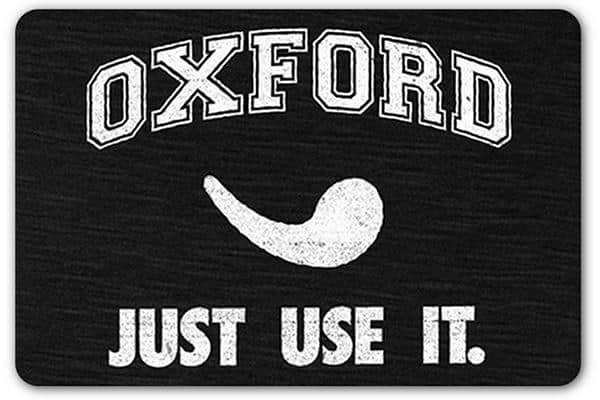Controversial, eulogised, and insignificant: the Battle of the Oxford Comma | Jack Marshall’s column
and live on Freeview channel 276
But still, for those vexed, irritated, and perturbed by this fringe literary phenomenon, it’s a fiery business indeed.
For the non-punctuation boffins with better things to do than argue, bicker, and quarrel about commas, a sheepish explanation: an Oxford comma is simply a comma placed before the ‘and’ which precedes the final thing in a list. Its detractors vilify, hate, and denounce its usage, while its fans extol, champion, and eulogise its class, clarity, and linguistic merit.
Advertisement
Hide AdAdvertisement
Hide AdI’m a fan of the Oxford comma for the simple reason that I think it makes sense. When you’re making a list of things, it’s proper, clear, and consistent to treat each thing being listed as truly separate entities rather than denoting all as individualistic apart from the final two, which are rendered as some anomulous, impromptu, and unnecessary couplet.


But, even more important than matters of tidy demarcation, categorisation, and classification is clarity of expression. As the story goes, The Times once published a review of a travel programme featuring the late Peter Ustinov which contained the unfortunate phrase: ‘The highlights of his global tour include encounters with Nelson Mandela, an 800-year-old demigod and a dildo collector.’
You see my gripe: the cadence of this sentence suggests that one of the greatest humans to have ever walked this Earth was, in his spare time, a centuries-old deity and a devotee to the accumulation, stockpiling, and gathering of adult phallic devices. Not to do myself out of a headline about the great Mr Mandela, but he was sadly neither of those things.
Oxford commas made the news recently, too. Recent Secretary of State for Health Thérèse Coffey (she’s since taken her considerable talents to Defra) is a long-time Oxford comma sceptic, prompting the phrase ‘the enemy of my enemy is my friend’ to leap, unbidden, to mind… Thank God she recently took away from overseeing a collapsing, underfunded, and overlooked NHS to vent her grammatical fury.